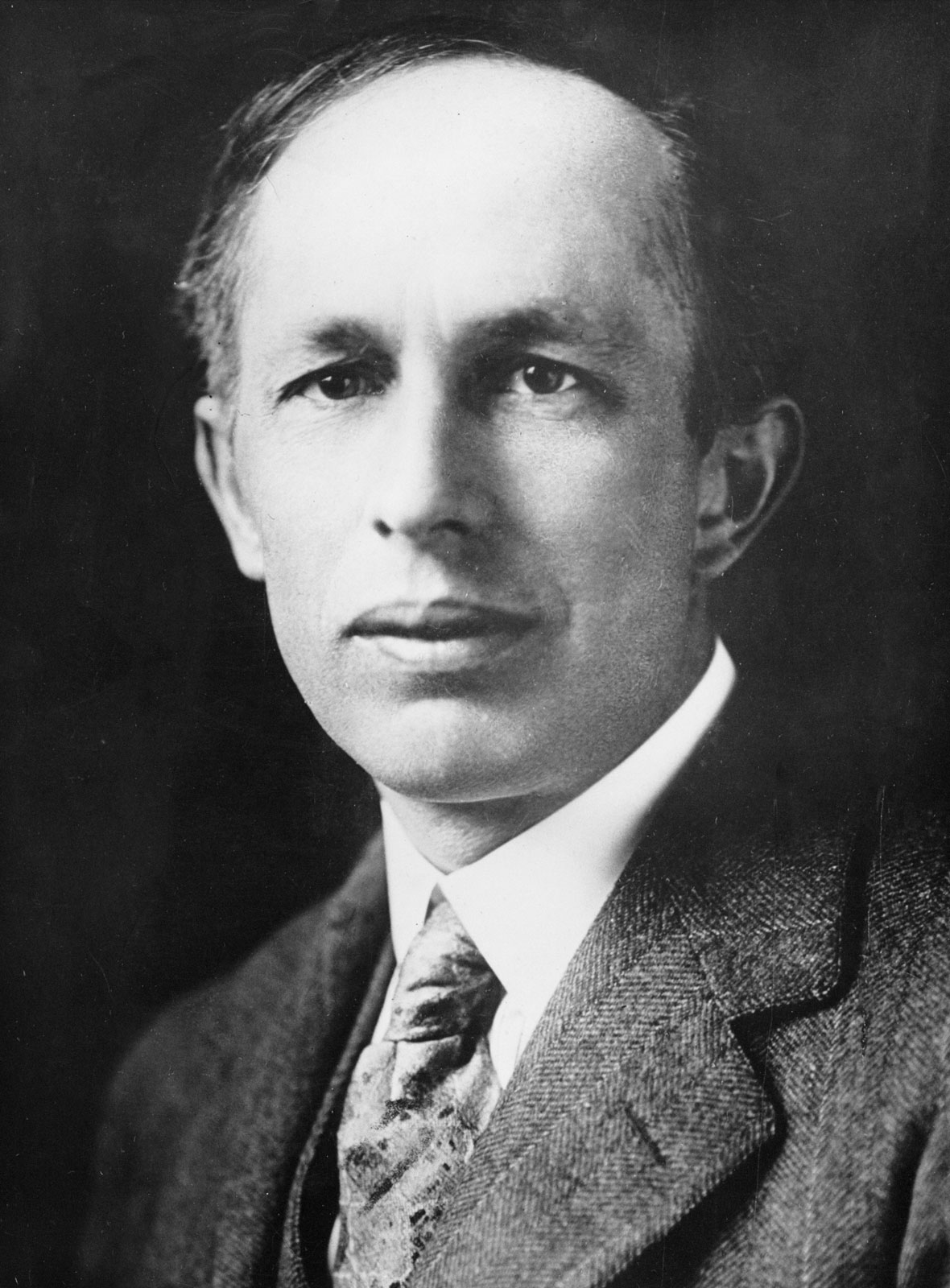Zechariah Chafee
| Zechariah Chafee | |
|---|---|

Zechariah Chafee, 1907 (Brown Archives)
|
|
| Born |
December 7, 1885 Providence, Rhode Island |
| Died | February 8, 1957 (aged 71) Boston, Massachusetts |
| Era | 20th-century philosophy |
| Region | Western philosophy |
| School | Philosophy of law |
|
Main interests
|
Constitutional law, Freedom of speech, Equity |
Zechariah Chafee, Jr. (December 7, 1885 – February 8, 1957), was an American professor of law, judicial philosopher and civil rights advocate. Defending freedom of speech, he was described by Senator Joseph McCarthy as "dangerous" to America. Legal scholar Richard Primus called Chafee “possibly the most important First Amendment scholar of the first half of the twentieth century.”
Chafee was born in Providence, Rhode Island, and graduated from Brown University, where he was a member of Alpha Delta Phi, in 1907. Later, he received a law degree from Harvard University, completing his LL.B. in 1913. He was influenced by the theories of sociological Jurisprudence presented by Roscoe Pound and others at Harvard. He met Harold J. Laski, a political scientist and later a leader of the United Kingdom's Labour Party, who became a lifelong friend, there. He practiced at the law firm of Tillinghast & Collins from 1913–1916. Chafee joined Harvard Law School as an assistant professor at Harvard Law School in 1916, and was promoted to full professor in 1919. He was appointed Langdell Professor of Law in 1938 and university professor in 1950. He remained at Harvard Law School until 1956.
Chafee was also an authority on equity, interpleader, negotiable instruments, and unfair business competition. In 1936 Chafee drafted the Federal Interpleader Act of 1936 (49 Stat. 1096), he considered this his foremost professional accomplishment. He became an expert on congressional apportionment and helped apportion seats in the United States House of Representatives based on the 1930, 1940 and 1950 censuses.
...
Wikipedia
